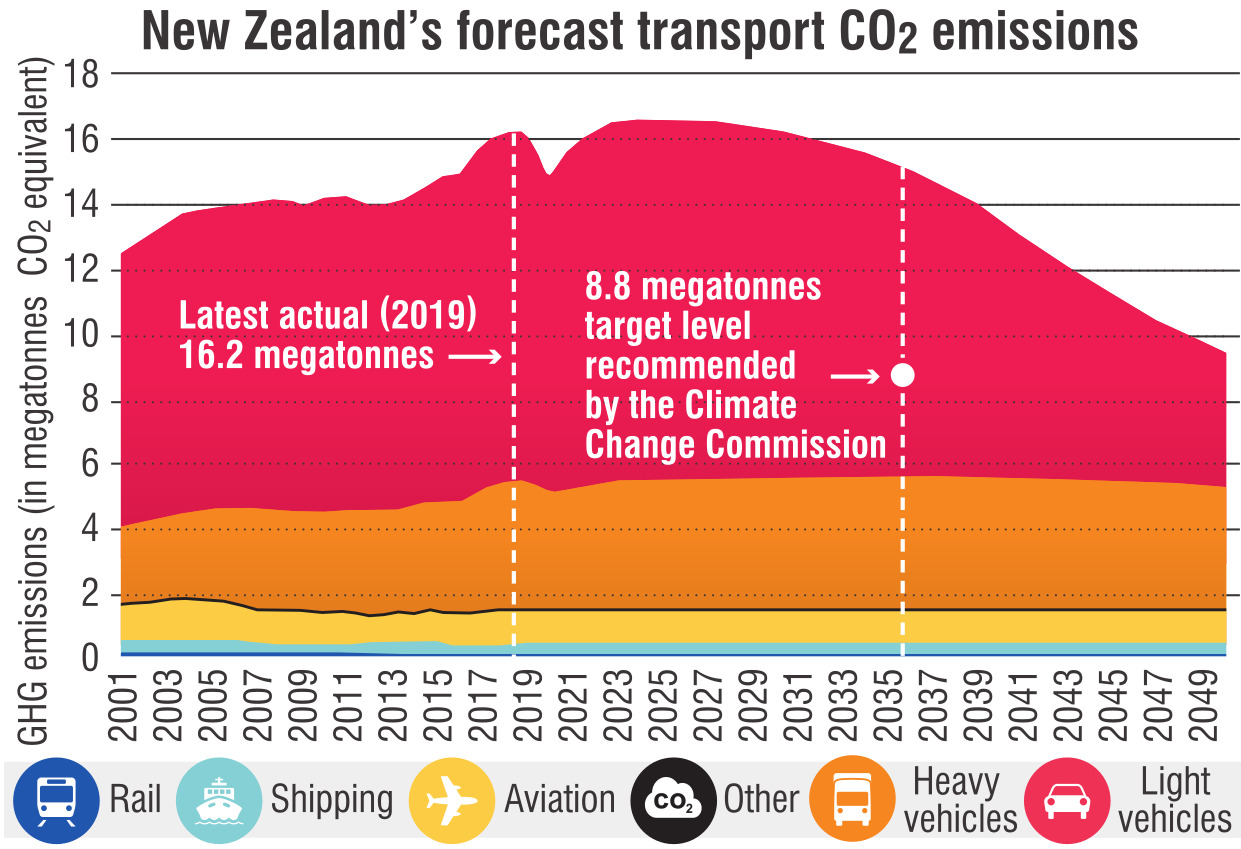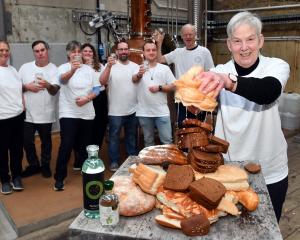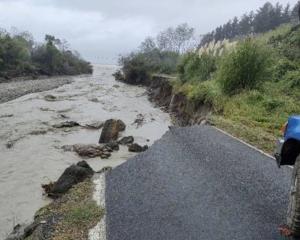
Warm welcoming homes connected by people-friendly streets and smart grids; e-mobility and shelter connected to a distributed, resilient energy system. This is my vision for an equitable, innovative Aotearoa as we build an economy of enough. I see renewable energy supplementing farm incomes through wind and solar farming. I see new jobs in clean tech, energy efficiency and flexibility services. I see a reorganisation of transport, industry and agriculture to meet more ambitious climate goals, with support for the transition. We have all the understanding required to enable our children to live well within planetary limits, but we must first overcome the obstacles.
We’re burning more coal just to keep the lights on in a climate crisis because of an incredibly complex, byzantine electricity system and regulations that stymie innovation.
And as Omicron spreads its tentacles throughout the community, we’re beginning to understand that easy mobility, food and shelter, free accessible healthcare, affordable energy and even our children’s education cannot simply be guaranteed. Covid has revealed the fragility of our system, not caused it, and in doing so highlighted the precarious situations in which an ever increasing number of people are struggling.

In a Newsroom article last year, Marc Daadler pointed out that we need "leadership in decarbonising transport and by [Government] collaborating with stakeholders within the sector (local government, industry groups and so on) and those that sit alongside it (the housing sector, or energy, or the tax system)". In other words, we need to take a more purposeful and holistic approach to mobility. In Otepoti Dunedin, the City Council’s position on roading and new hospital precinct is clearly aligned with Hikina te Kohupara but changes to the status quo are not simple to achieve, particularly when central Government holds the purse-strings for Waka Kotahi infrastructure projects.
Dunedin City Council has a target of zero carbon by 2030 and wants to collaborate with Waka Kotahi on mobility solutions in line with city strategies and the zero carbon goal. Local government has the responsibility to understand and implement central government direction and to alert the Government to challenges, such as funding shortfalls. This is why we need good advocates and leaders who can champion making Otepoti Dunedin "one of the world’s great small cities" with good urban design and decarbonised mobility.
And yet with the Otago Regional Council designing routes and schedules and contracting private operators, and the Dunedin City Council owning and operating the fixed infrastructure of bus stops, public transport (and helping people out of car-dependency) appears almost as complex and byzantine as our electricity sector. Accessible, affordable, reliable public transport will require local government working in unison and central government investment in e-buses, rail and active transport infrastructure. We desperately need transformational investment in public transport, walking and cycling. Alongside urban renewal for a compact, people-friendly city we need to bring public transport back into public ownership and allow people to trade in old fossil-fuelled cars in exchange for e-bikes and/or free public transport passes.
I want this pandemic to demonstrate "the art of the possible". We have less than eight years to meet the city target of zero carbon by 2030 and less than 30 years to meet the national goal of net zero emissions. This is not a time for incrementalism. This is a time for ambition and it will involve collaboration, care and courage.
The report
Information on the Ministry of Transport Report: Hikina te Kohupara — Kia mauri ora ai te iwi, Transport Emissions: Pathways to Net Zero by 2050 can be found at
www.transport.govt.nz.
- Scott Willis is a climate and energy consultant. Each week in this column one of a panel of writers addresses issues of sustainability.












